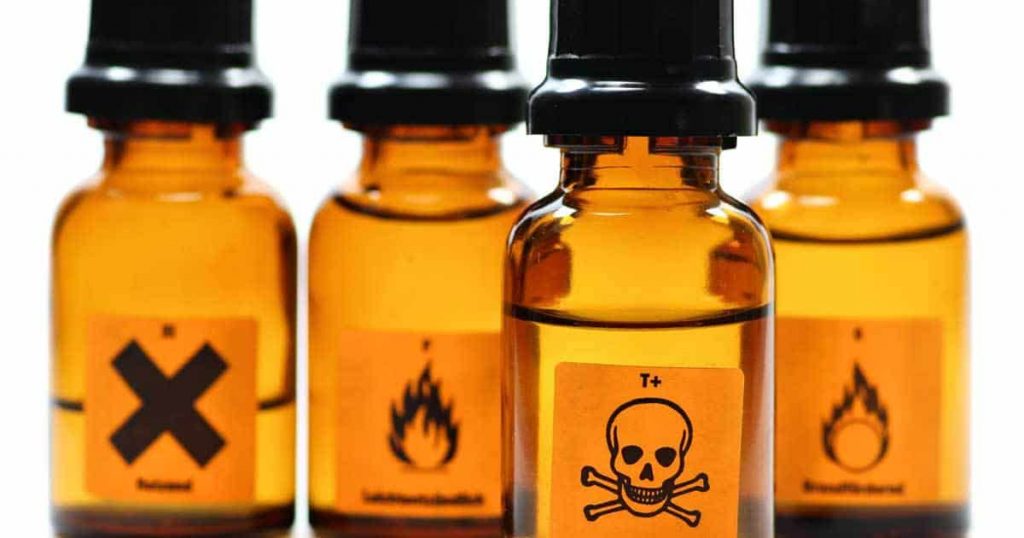The Duration of Chemical Irritation: Understanding and Managing Discomfort

Chemical irritation is a common concern in various industries, ranging from manufacturing and healthcare to household cleaning. Understanding how long chemical irritation lasts is crucial for both professionals working with chemicals and individuals who may encounter them in their daily lives. In this article, we will delve into the factors influencing the duration of chemical irritation and provide practical tips for managing discomfort effectively.
- The Nature of Chemical Irritation:
Chemical irritation occurs when the skin, eyes, or respiratory system come into contact with harmful substances. The severity and duration of irritation depend on several factors, including the type and concentration of the chemical, exposure duration, and individual susceptibility. - Immediate Effects and Short-Term Irritation:
Upon exposure to a chemical irritant, immediate effects such as redness, itching, and burning sensations may occur. These symptoms typically subside within a few hours or days, depending on the severity of exposure. However, it is important to note that prolonged or repeated exposure can lead to chronic irritation, which may last significantly longer. - Factors Influencing Duration:
Several factors influence the duration of chemical irritation. Firstly, the specific chemical involved plays a crucial role. Some chemicals are known to cause short-lived irritation, while others can lead to prolonged discomfort. Additionally, individual factors such as skin sensitivity, overall health, and pre-existing conditions can affect the duration of irritation. - Managing Chemical Irritation:
To effectively manage chemical irritation, it is essential to take appropriate measures. Here are some practical tips:
a. Promptly Rinse and Cleanse: If exposed to a chemical irritant, immediately rinse the affected area with cool water for at least 15 minutes. This helps to remove the chemical and minimize further damage.
b. Avoid Scratching or Rubbing: Scratching or rubbing the irritated area can worsen symptoms and prolong the duration of irritation. Instead, gently pat the area dry with a clean towel.
c. Apply Soothing Agents: Topical creams or ointments containing ingredients like aloe vera or hydrocortisone can provide relief and aid in the healing process. However, it is advisable to consult a healthcare professional before using any medication.
d. Seek Medical Attention: If the irritation persists or worsens, it is crucial to seek medical attention. A healthcare professional can assess the severity of the irritation and provide appropriate treatment options.
Conclusion:
Chemical irritation can range from mild discomfort to more severe and long-lasting effects. By understanding the nature of chemical irritation and implementing proper management techniques, individuals can minimize discomfort and promote faster healing. Remember, prevention is key, so always prioritize safety measures and use protective equipment when working with or around potentially irritating chemicals.